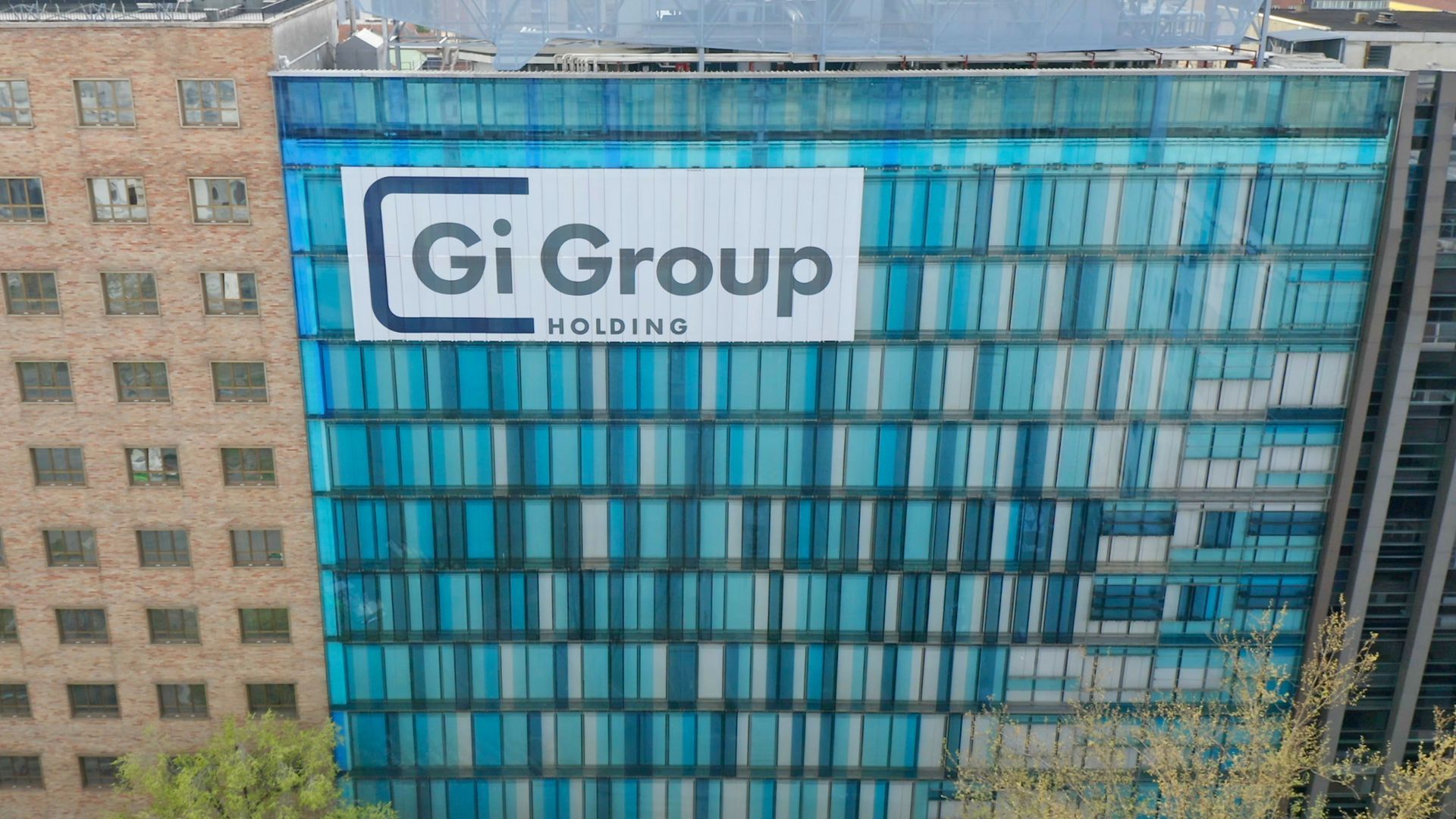From filling seats to forging strategy

Talent acquisition teams face an urgent and unprecedented challenge:
the world is hurtling toward a skills gap of 85 million people, making the global talent shortage the #1 emerging risk for organizations already hard-pressed to keep pace with transformative technologies. As business leaders turn to HR for answers, it’s clear that filling requisitions is no longer enough. Talent acquisition teams are poised to take on a far more strategic role, one that will redefine how companies align work with business strategy and leverage outsourcing to engage all talent categories. Several key trends are reshaping how savvy HR leaders are addressing the business challenges at the heart of strategic workforce planning.
Outsourcing objectives have changed, opening the door for HR to drive new business value through collaboration.
For 20 years, companies were able to rely on cost-out as the core strategy for managing contingent labor: first through early vendor management programs that revealed and reduced rogue spend, then through a global recession that gutted company budgets and created a glut of available talent. Procurement—with its expertise in managing vendors and driving down prices—became the de facto owner of contingent outsourcing. But the cost-out bubble has burst. Employers around the world are facing the most acute talent shortage since 2006 as populations age, skills shift, and 45% of organizations struggle to fill open roles. The supply/demand equation has flipped in talent’s favor, upending the balance of power and disrupting outdated strategies that are not equipped to attract talent in a healthy economy with record-low unemployment.
At the same time, executives are recognizing that a siloed approach to talent is the top barrier to strategic workforce management. Today’s fast-moving, high-tech war for talent requires not only that Procurement and HR work in unison, but that they engage innovative outsourcing providers who can unlock additional value. These external partnerships have evolved well beyond traditional outsourcing.
The workforce—and work itself—has become far less permanent, driving explosive growth in free-agent talent.
While companies have long relied on a mix of full-time workers, technology, and outside partners to execute their business plans, the current breakneck speed of innovation is disrupting the entire supply chain. AI, machine learning, RPA, and a flurry of other tech advances are slashing the life cycle of occupations, redefining the work that humans do, and unlocking new possibilities for how, when, and where work is done. At the same time, technology is fueling the growth of the gig economy, spawning dozens of online talent platforms and giving workers more work style options than ever. Independent workers already make up more than one-third of the world’s workforce, and experts predict that number will surge to 50% in the U.S. These workers thrive on freedom, flexibility, and empowerment, with more than 75% actively choosing the independent workstyle over full-time employment. The trend is not lost on leading companies.
Powerhouse brands like Google already have workforces composed of more than 50% contingent labor; and 7 in 10 senior managers say that integrating free agent/gig talent into their workforce will be important to their companies’ ability to remain competitive over the next two years. It’s a challenge that spans all wage brackets and skill sets. While the number of six-figure freelancers has grown 70% in the past seven years alone, many countries are experiencing all-time low unemployment rates for workers without a high school diploma.
The explosion of independent talent poses a daunting challenge for HR leaders, who must redefine the “candidate experience” more holistically and redesign their companies’ workforce to align with ever-changing business objectives, technology advances, and new labor market realities. Outsourcing partners are proving to be invaluable allies. Armed with deep knowledge of workforce trends and predictive analytics, outsource solution providers can help identify opportunities for automation and determine the right mix of full-time and contingent talent to meet the needs of the business—now and into the future.
Talent acquisition has become both highly complex and deeply personal.
Facing intense pressure to continually adapt and differentiate, companies find themselves dependent upon a dynamic labor pool that defies commoditization, crosses multiple labor categories, enters the pipeline from numerous sources, and increasingly demands to work on its own terms. Business leaders are ratcheting up their expectations of talent acquisition accordingly. Nine in 10 senior managers now believe that in order to win, their companies need to substantially improve candidate engagement and create more innovative work approaches—both of which require a deep understanding of the global talent market and close attention to the individual talent mindset. It’s a tall order, and savvy HR leaders are engaging outsourcing partners to look beyond typical demographics and deliver on the promise of personalization.
Workers across all categories are increasingly demanding customized experiences on par with the consumer experiences they enjoy in their personal lives. While some targets are digitally driven—such as using AI and chatbots to improve the hiring process—strategic outsourcing partners know that the human experience remains key. For example, Kelly takes a talent segmentation approach that delves beyond traditional demographics to identify attributes and behaviours that shape talent’s preferred workstyles; how they feel about skill development and new challenges; whether they eagerly accept change or prefer the status quo; and how they perceive employer brands, for example.
Today’s talent acquisition teams face daunting demands—but they don’t face them alone. Outsourcing providers are helping HR partners take on a more strategic role. Together, they are navigating the complex intersection of work, workers, and technology, and redefining the value they bring to businesses worldwide.
Find out more about Kelly's Business Process Outsourcing Solutions.















